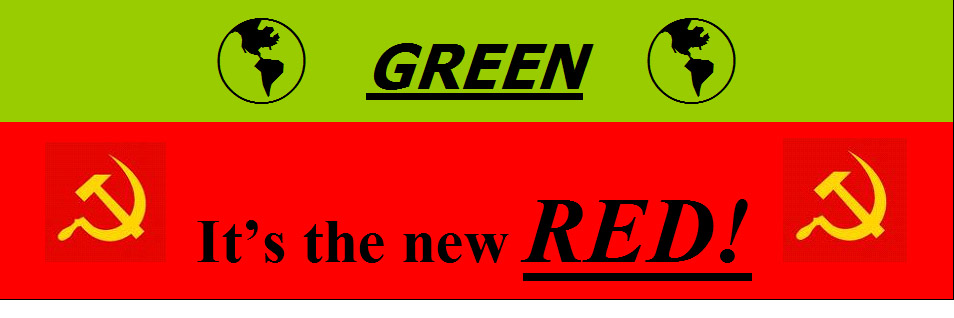Welcome to this the opening post from Clameur de Haro?
CdeH? is angry: in fact positively seething with exasperation and frustration at the poor quality of both the political philosophies currently on offer to the people of Jersey – and echoing the cry of Mercutio in Shakespeare’s Romeo and Juliet.. “a plague a’ both your houses!”.
CdeH? is most definitely NOT an enthusiastic standard-bearer for Jersey’s current Council of Ministers and the present States’ Establishment, and believes that the wider electorate’s manifest disillusionment with both is amply justified. Yet, like so many of the Island’s silent majority, CdeH? shudders at the prospect of the potential damage should what may be called the Stuart Svvret Tendency and the JDA/Green Coalition gain political ascendancy.
CdeH? is convinced that there really does exist a radical alternative direction for the Island – one between, at the one extreme, the complacently inefficient, overly bureaucratic, excessively mercantilist, and fiscally irresponsible current government: and at the other extreme, the assorted collective of tax-and-spend egalitarian socialists, muddled-thinking talk-gooders, and mendacious eco-authoritarians, masquerading under a disparate variety of labels of the left, but all essentially wanting the same thing - a much more interventionist, enterprise-averse, anti-freedom and aggressively redistributive regime.
CdeH? contends that a significant number of Jersey’s current domestic problems stem from one thing – the sheer size, scale, and therefore cost of government and administration: that Jersey’s public sector is too large for the size of the population, and generally does too much: and that it compounds that error by doing so expensively and inefficiently – much, much more expensively and inefficiently than would private enterprise, because of government’s ability, and natural inclination, to increase the tax burden to cover expenditure, rather than control its activity and therefore its cost, so as to keep expenditure below the tax revenue achievable consistent with a flourishing, dynamic but also equitable society.
So – for CdeH? the direction of travel has to be to reducing the size and impact of the state, curtailing its remit, controlling its cost, and lowering its burden on the economy – by applying free-market and libertarian economic and social policy prescriptions, and eschewing the deceptively and superficially attractive solutions dangled by both persuasions.
From CdeH?'s position, poised in the Royal Square on the steps of the States' Assembly, this will be the approach put forward in the coming days, weeks and months.
Watch this space.
Add to del.icio.usDigg It!Stumble This














3 comments:
"mendacious eco-authoritarians"
Clearly you neither know or understand what you are talking about. I was going to say that your position is reminiscent of the libertarian one in the US but you said it yourself in the post. This is a pity because the libertarian position of reducing the size and intrusiveness of government is basically sound but libertarians don't stop there. Clearly, in areas where free individual choice inevitably leads to big problems for the majority (of which that individual is a part), "big government" is necessary to counter the anarchic tendency. Property rights are not enough
Interesting that it’s my allusion to the inaccuracies peddled by greenery-camouflaged socialists (as distinct from the genuinely environmentally concerned), rather than the references to the tax-and-spend egalitarians and the caring talk-gooders, which appears to have exercised you.
There’s no mention whatsoever of the US in my post, so how you draw that inference is unclear. You’re right that the ultimate libertarian position advocates practically no government (and no taxation either), but it should be obvious that what I advocate is not virtual economic anarchy, but smaller, less interventionist government, and consequently lower taxation.
Labels are indeed a problem. The term “liberal”, in the politico-economic context, in both the US and UK, is too associated in the public mind with big government and over-taxation for me to be comfortable using it, but “libertarian” in the US sense doesn’t fit the bill either. “Classical liberalism” is probably nearer the truth, but that is perhaps a bit too elaborate for a first posting…….
How does one tell greenery-camouflaged socialists from the genuinely environmentally concerned?
You draw a distinction there that seems important to you , but I fail to see any criteria to separate them.
Post a Comment